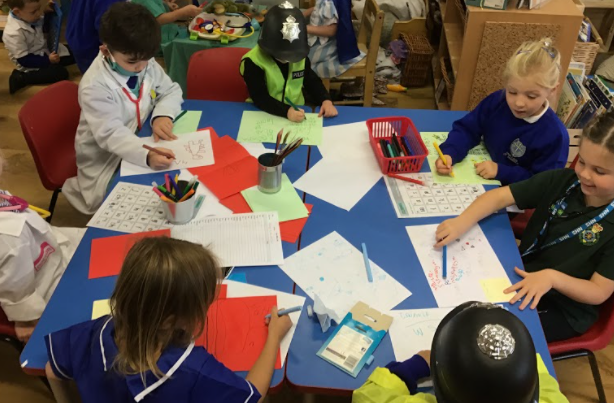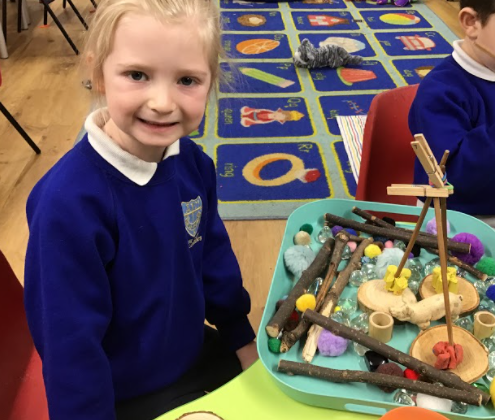EYFS Curriculum
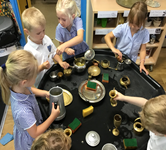


Intent
The EYFS at Our Lady of Lourdes Catholic Primary School is guided by the school’s mission statement of ‘Love like Mary, Serve like Mary, Learn like Mary, Believe like Mary’ and by the Christian values of understanding, respect, kindness, faith, responsibility as well as always striving for excellence as the children begin their first steps on their schooling journey.
We aim to build on the wealth of knowledge and skills children already have when they arrive in our setting by careful observation of their individual starting points. We recognise that all children are unique, celebrating and welcoming differences within our school community and have high expectations for every child in our setting. We promote communication and language, physical development and personal, social and emotional development as the vital building blocks that enable further learning to flourish.
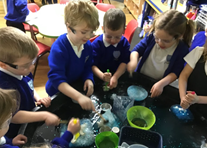

Our curriculum in Early Years is designed to provide a broad and balanced education that meets the needs of all our pupils. Carefully planned experiences and quality teaching foster an atmosphere of wonder, engagement and excitement to hang further learning upon. The curriculum is planned and taught through quality texts that prove an engaging hook to drive on skills, knowledge and understanding. Children at Our Lady of Lourdes experience the seven areas of learning through a balance of whole class and focussed group teaching and play based learning. We aim to harness children with resilience, independence and a lifelong love of learning. These personal skills, together with a sound understanding of number and an ability to read and write sentences through their competent use of phonics, will set our children off to a flying start in Key Stage 1.
We ensure our inside and outside environments are stimulating, enabling and challenging, and are carefully planned and enhanced to foster independence, resilience and further imbed learning and skills. Alongside this, staff in the setting ensure effective interactions within the children’s play to scaffold and extend the children’s learning and to enrich vocabulary and improve communication skills. Staff model curiosity, wonder, problem solving, exploration and a celebration of mistakes (harnessed as a learning opportunity!). Parent partnership is vital, and we seek to foster a strong and positive relationship from day 1, with good 2-way communication.
Implementation
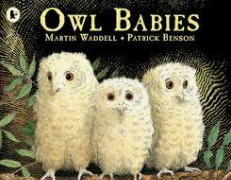
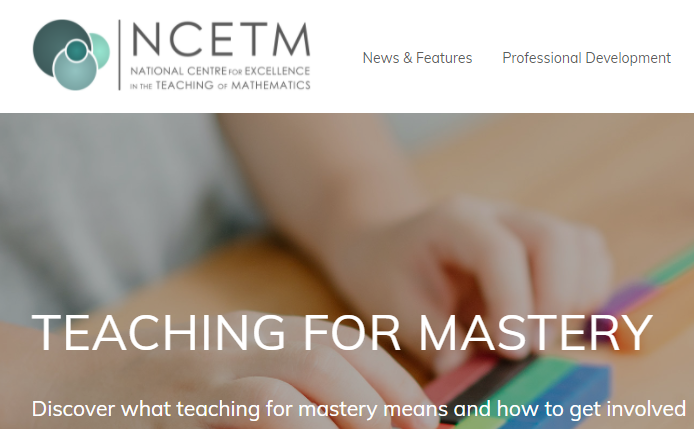

Our curriculum follows the Statutory Framework for the Early Years Foundation Stage. This document specifies the requirements for learning and development in the EYFS and provides the educational programmes we must cover in our curriculum. The curriculum has been built on these programmes to provide exciting and engaging activities, experiences and learning that ensures progression of knowledge and skills which will continue beyond the Early Years. Using the curriculum, and our knowledge of our children through assessment and observation, the EYFS team plan exciting and engaging activities and experiences that will move the children’s learning forward. The Early Years uses core texts as a basis for planning and the week usually starts with an exciting hook to engage children and to create a sense of excitement and purpose.
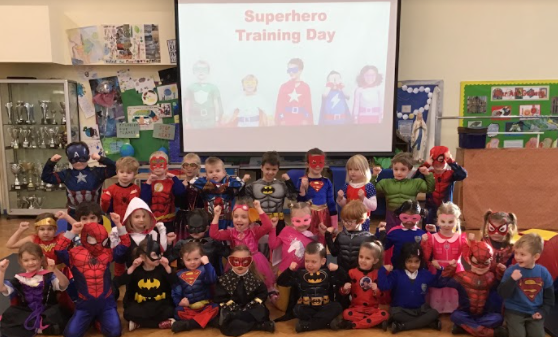

Our curriculum is delivered through a combination of whole class teaching, small focused group teaching and continuous indoor and outdoor provision with enhanced activities. Children in their Early Years learn by playing and exploring, being active and thinking critically and creatively and this takes place both indoors and in our outdoor area. We strive to create a highly stimulating and challenging indoor and outdoor environment where children feel happy, secure, motivated and can be independent learners. Teachers ensure that there are opportunities for all areas of learning both inside and outside and staff work within the environment to further scaffold, enhance and extend the children’s learning, skills and language through quality interactions. By the end of the year, we provide opportunities for children to increase their independence in recording their work as appropriate to ensure they are well prepared for the move to Year 1.
Impact
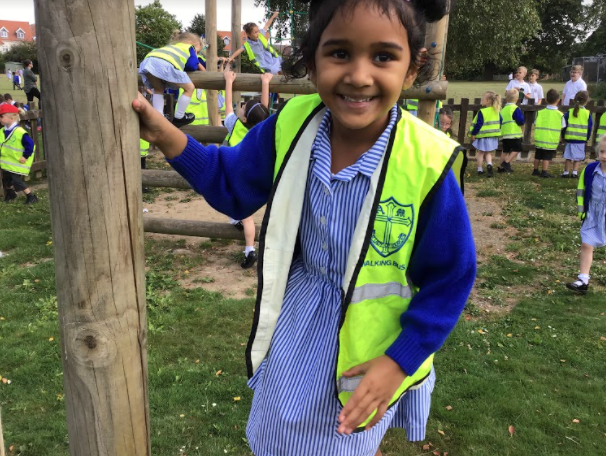
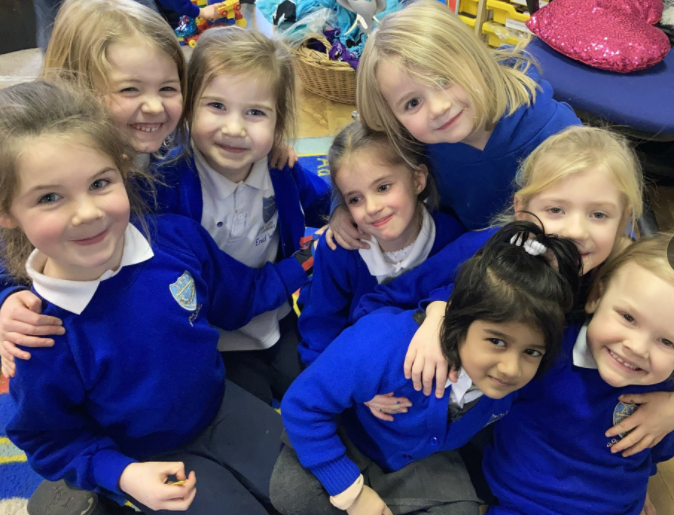
The impact of the EYFS curriculum is reflected in having well rounded, happy, socially-able and confident children transitioning into Year 1. Our children are often amazing role models for others in school! Further, by the time children begin Key Stage 1, they will have acquired an abundance of knowledge and skills across the curriculum to ensure their continued success. The impact of our curriculum will also be seen in the children’s enjoyment of reading and books, in their ability to read and write sentences, together with their strong grounding in number as a building block to excel mathematically as they move further up the school.
At the start of Reception children are assessed to determine a baseline, or starting point, for their future learning. Judgements will be based on the adults’ observations of children during activities and play and the DFE Reception Baseline Assessment. We measure progress and children’s learning across the year based on teacher’s knowledge of the children, formative and summative assessment, learning journeys, photographs and videos. At the end of year, this evidence, together with teacher’s professional judgements will help us to assess each child against the Early Learning Goals. We aim to exceed the National and Local Authority data for children achieving Good Level of Development. The assessment judgements of our school are moderated with other schools in the Trust which means judgements are secure and consistent with government guidelines.
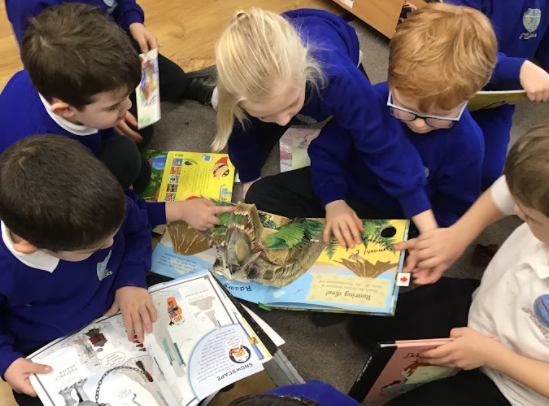
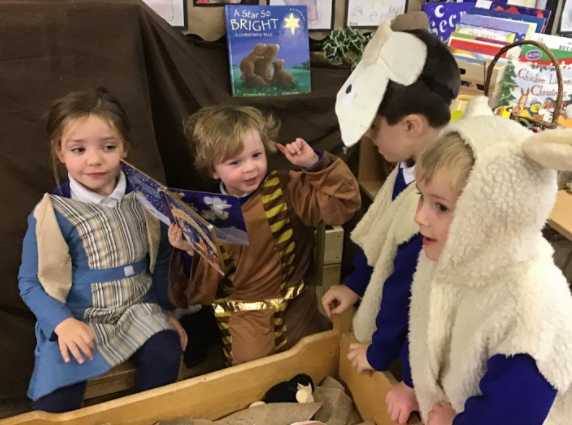
Our half-termly summative assessment in phonics continues to show the majority of children in Reception (90%) are making good or exceeding progress, with 64% of the cohort above the expected level for this point in the Reception school year. There are only 6 children below the expected level and each of these is having a targeted 1:1 phonics intervention to facilitate progress.
By the end of Reception, children will have developed their characteristics of learning and be able to apply their knowledge to a range of situations, making links and explaining their ideas and understanding. Children will be confident to take risks and discuss their successes and failures with adults, drawing on their experiences to improve or adjust what they are doing. From their own starting points, children will make progress physically, emotionally, socially as well as academically, and will be ready to transition successfully into Key stage 1.
